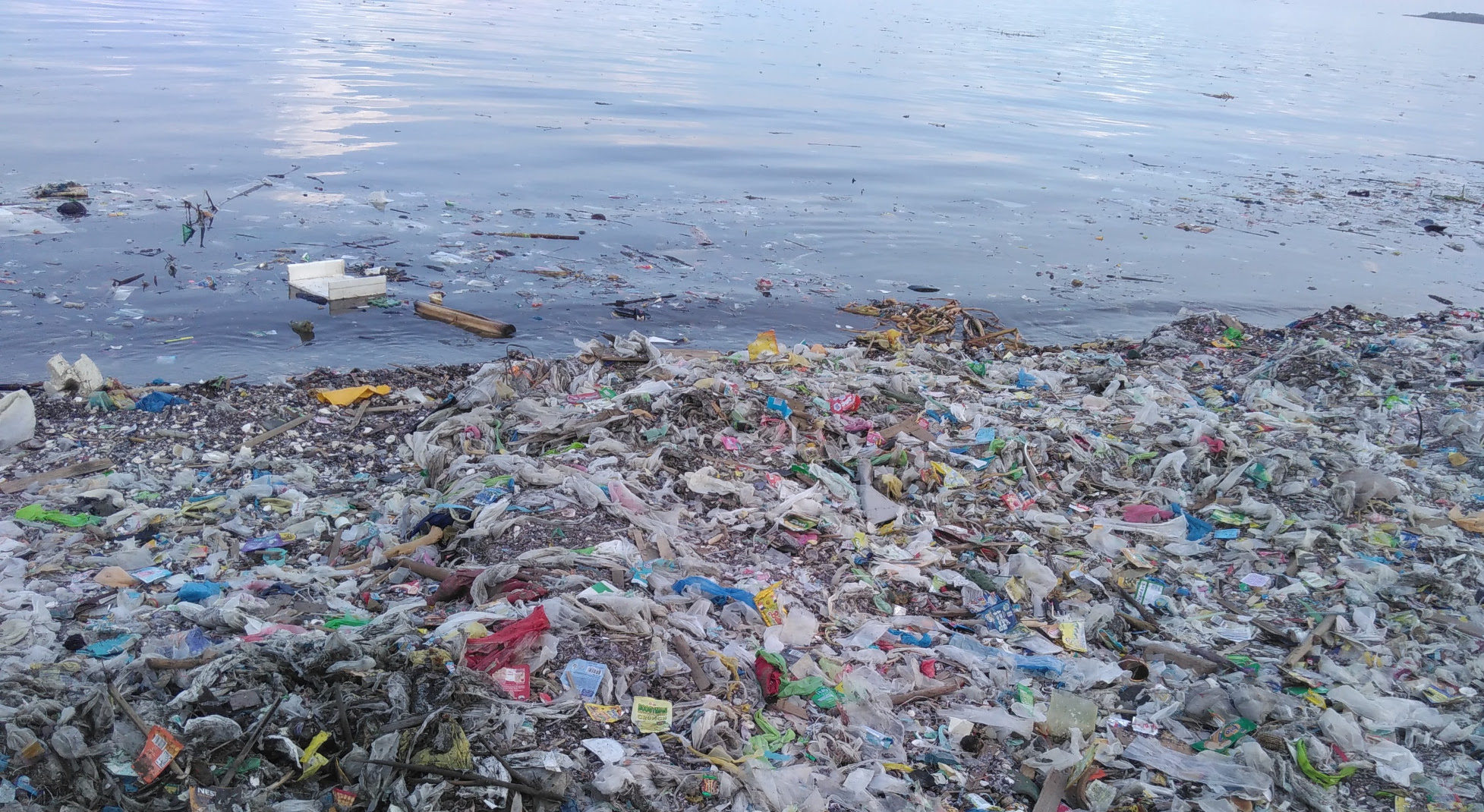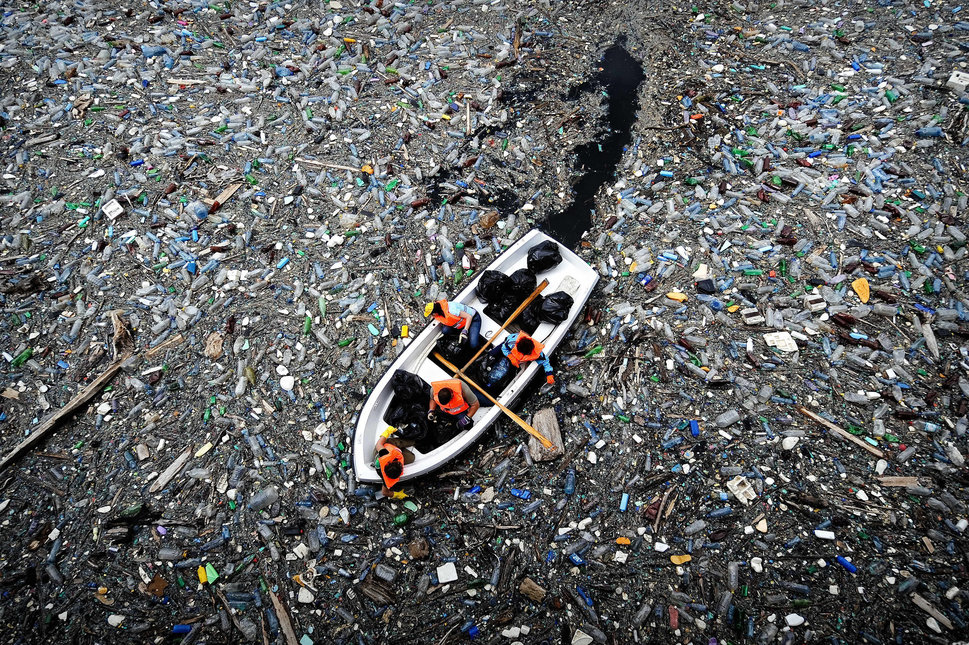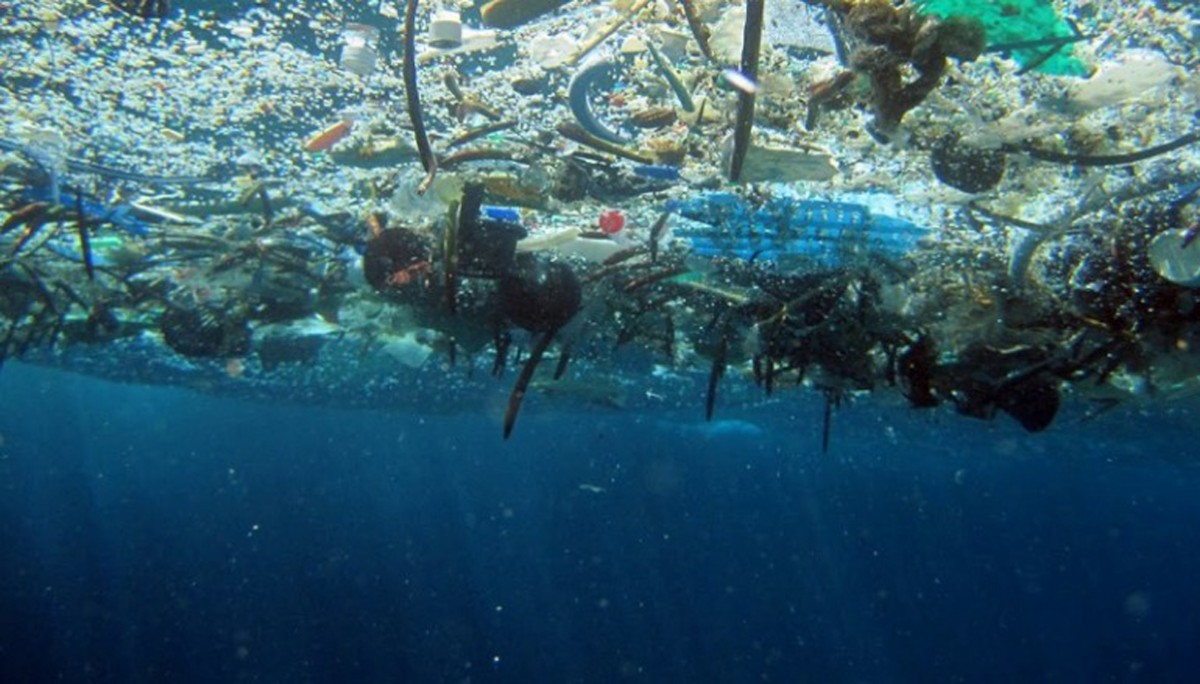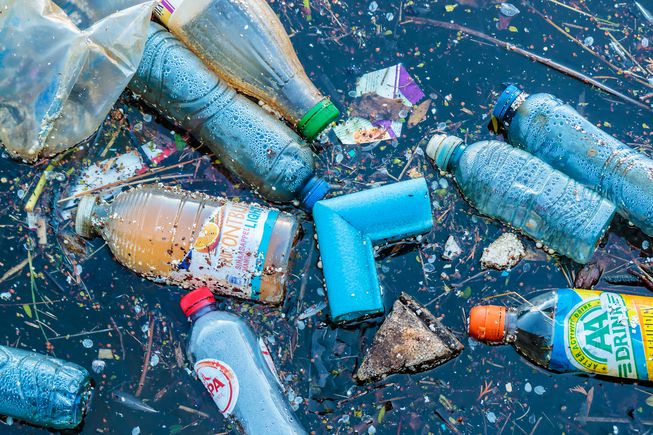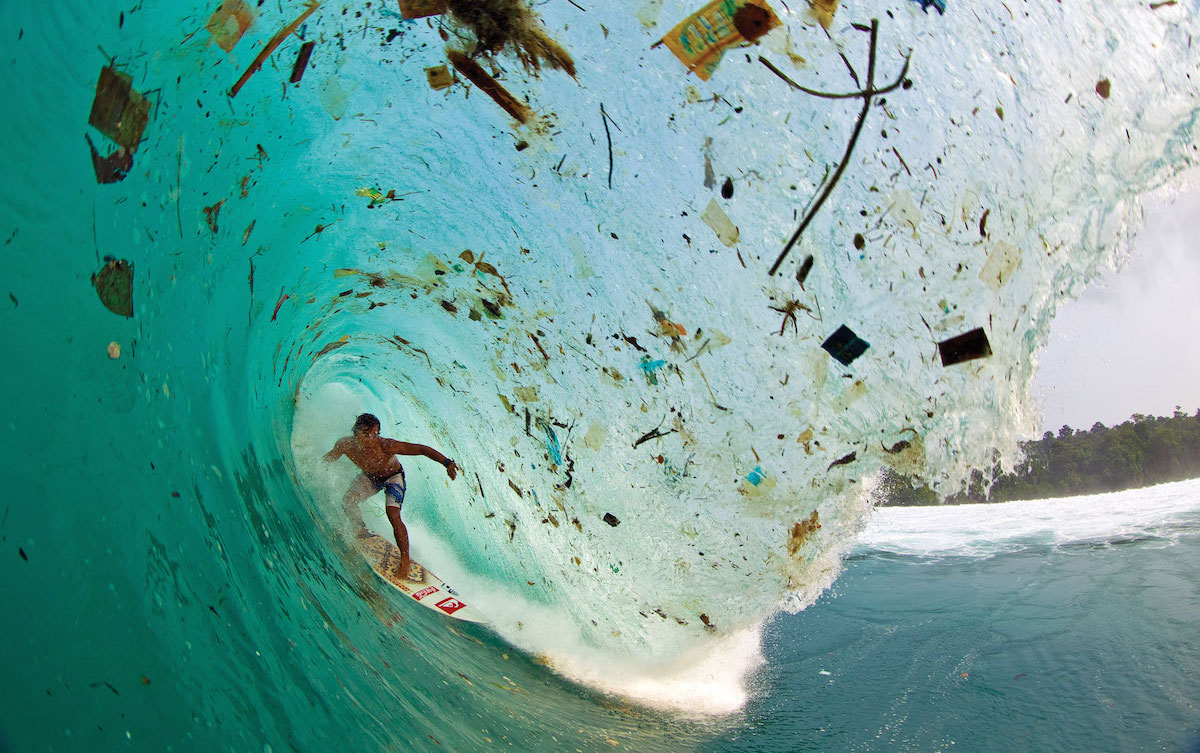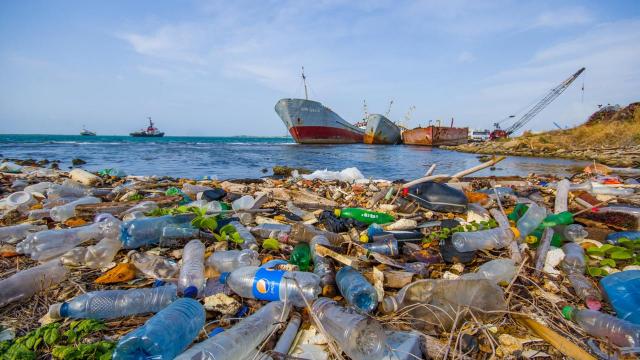
Approximately 40% of the world’s 7.6 billion people live within 62 miles of an ocean. For the other 60%, some of whom may never have even seen an ocean, the seas still play a vital role in their lives.
Oil and consumer goods are moved around the world on vast ships, keeping the wheels of commerce, and vehicles, turning. Most importantly, the ocean is vital to the food chain.
Unfortunately, we collectively treat the oceans worse than most of us treat the inside of our cars. Every year, anywhere from about 8 to 12 million tons of plastic end up in the world’s oceans. For perspective, that’s close to three times as heavy as all the elephants on Earth combined.
The scale of the problem is enormous, but it’s not a lost cause. Just like when your dentist says you can avoid further problems with your gums if you brush better and floss often, a change in how we live could be the catalyst for cleaner oceans in the future.
Coming to Terms with the Problem
Plastics ushered in an era of incredible convenience and are largely responsible for our modern era of mass consumerism.
Items made with plastic are inexpensive to produce and they’re lighter (and hence more cost-effective) to ship. They’re also incredibly versatile. Look around you and think about how much plastic there is within sight of you right now.
Two of plastic’s other appealing qualities, durability and comparatively low purchase cost, are also its greatest downfalls.
Because plastic products are often inexpensive, we tend to throw them away without thinking, either because the item was a single- or low-use product, or because it was cheap to replace. They also last a long time. Plastic breaks down very slowly.
All this means there is a lot of plastic in the world. And far too much of it ends up escaping the proper waste disposal streams. Unfortunately, once it leaves the waste stream, it tends to stay out of it.
You don’t have to live anywhere near water to know that plastic has a way of finding its way out of the confines of our garbage cans and recycling boxes. When was the last time any of you urban-dwellers went for a walk and didn’t see a plastic water bottle or grocery bag at the side of the road, or pressed up against a fence?
But let’s skip over that issue for now and focus on the world’s oceans. To say there’s a lot of garbage in the oceans is an understatement.
Here Are Some Fast Facts to Put it in Perspective:
-
Every minute, an amount of plastic equal to a full garbage truckload is deposited in our oceans.
-
Of the plastic that ends up in the oceans each year, 236,000 tons are microplastics, minuscule particles of plastic smaller than the nail of your pinky finger.
-
The amount of plastic in the ocean is set to increase tenfold by 2020.
-
It is projected that by 2050 the weight of all the plastic in the oceans will exceed the weight of all the fish.
-
This is not just a surface problem – plastic has been found 7 miles deep, in some of the most remote and least understood ecosystems on Earth.
Where Does All the Plastic in the Ocean Come From?
Scientists’ best estimates are that 80% of the debris in the ocean comes from land-based activities. The remainder comes from oil rigs, private boats, commercial ships losing cargo, and fishing vessels dropping nets and other gear.
The debris itself is comprised of everything plastic you can conceive of: automobile parts, toys, cigarette lighters, beverage bottles, and countless tiny pieces beyond identification.
While just about every country on the planet contributes to the problem, certain countries lead the way. China produces vastly more plastic pollution than anyplace else, totalling nearly 9 million metric tons annually.
It is followed by Indonesia (3.2 million tons), Philippines, Vietnam, Sri Lanka, Egypt, Thailand, Malaysia, Nigeria, Bangladesh and, finally, the United States, which contributes 336,000 tons of plastic waste to the oceans every year.
How Plastic Garbage Ends Up in the Ocean
Most of the world’s major producers and consumers of plastic do not have waste management facilities in place to handle it all. They lack adequate collection, recycling, and disposal systems.
Some of the garbage is deliberately and illegally dumped straight into the ocean. Even where garbage dumps exist, poor containment can lead to wind-blown plastics ending up in rivers, lakes, and ultimately oceans.
In the Philippines, one city has dumped its garbage on a beach for the past 50 years.
On an individual level, garbage left or lost at the beach or dropped in rivers contributes to the problem. Even plastics flushed down the toilet can sometimes find their way to the ocean.
Once it’s in the ocean, however, where does it all end up?
The answer to that question and many more can be found in the full version of this article on itsafishthing.com.

